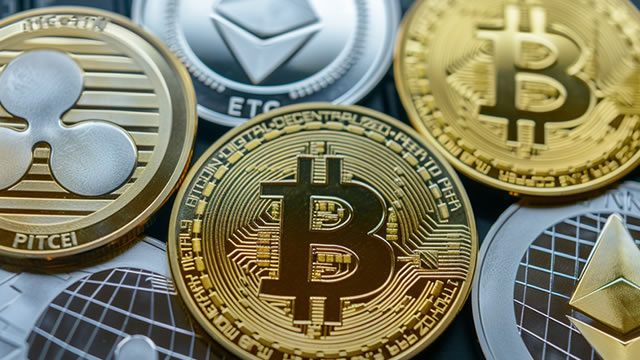
Nasdaq CEO Adena Friedman: Blockchain to Unlock Trapped Capital and Transform Finance
Tokenpostgeneral
Nasdaq CEO Adena Friedman believes blockchain technology will fundamentally reshape traditional finance by revolutionizing post-trade infrastructure, enhancing collateral mobility, and enabling faster global payments. Speaking with Ripple President Monica Long at the Swell conference in New York, Friedman highlighted how distributed ledger technology could unlock capital currently trapped in inefficient financial systems.
📋 Article Summary
Nasdaq CEO Adena Friedman believes blockchain technology is poised to revolutionize the traditional financial system. In a recent interview at the Swell conference, Friedman highlighted how distributed ledger technology could unlock capital currently trapped in inefficient financial infrastructure.
According to Friedman, blockchain has the potential to transform post-trade processes, enhance collateral mobility, and enable faster global payments. This could fundamentally reshape the way finance and transactions operate in the digital age. Friedman noted that the ability of blockchain to improve financial system efficiencies is key, as it could free up capital that is currently locked away due to outdated legacy systems.
The Nasdaq chief executive's positive outlook on blockchain's transformative impact comes at a critical time for the cryptocurrency and fintech industries. As digital assets gain mainstream adoption, innovations in distributed ledger technology are seen as crucial to unlocking new use cases and accelerating mass-market adoption. Friedman's comments suggest that major financial institutions are taking note of blockchain's disruptive potential.
Friedman's vision aligns with the core cryptocurrency ethos of using decentralized, transparent technologies to enhance financial accessibility and inclusion. By revolutionizing post-trade infrastructure and collateral management, blockchain could help eliminate the frictions that trap capital in the current system. This could have far-reaching implications for global commerce, investment, and the future of finance as we know it.